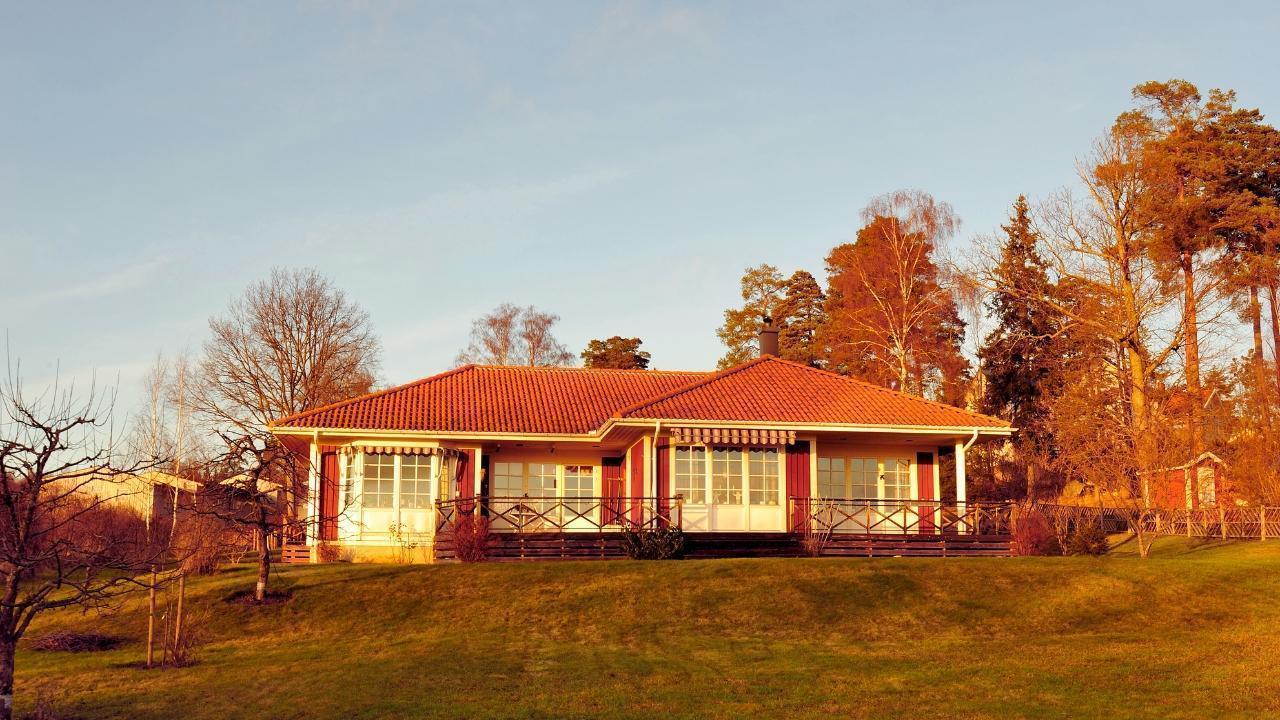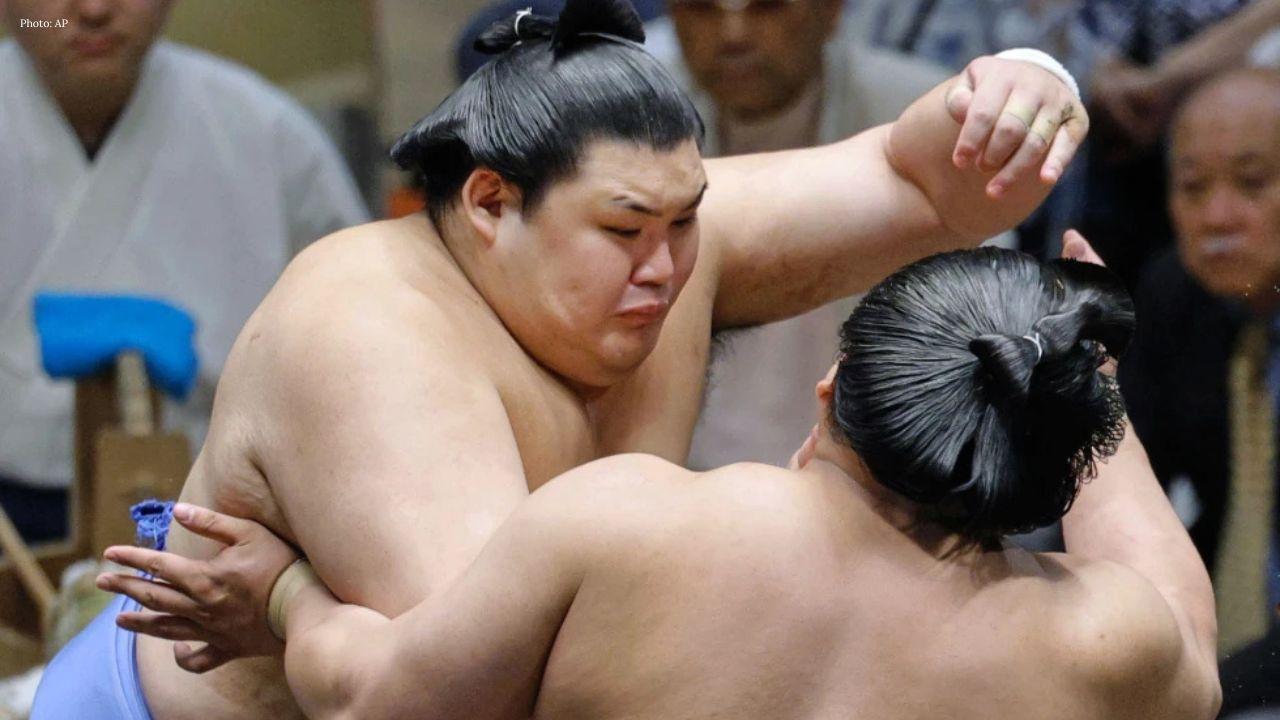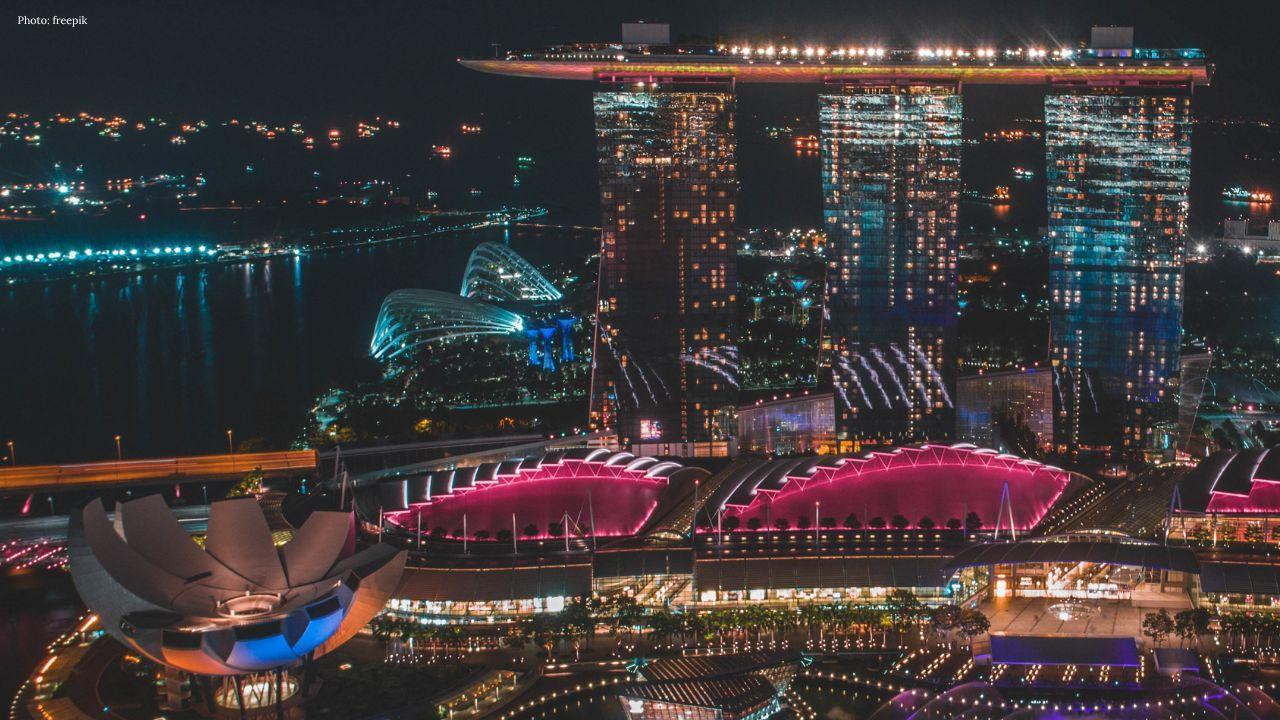You have not yet added any article to your bookmarks!

Join 10k+ people to get notified about new posts, news and tips.
Do not worry we don't spam!

Post by : Anis Farhan
It’s one of those phrases everyone understands, but no one can define precisely — "middle class." For decades, it’s been shorthand for stability, decency, and aspiration. In 2025, however, the very foundation of the middle class is undergoing a seismic shift. Around the globe, families who once felt economically secure now find themselves squeezed between rising costs and stagnant wages. What was once considered a symbol of societal balance has become a blurred identity caught between survival and privilege.
From Bangkok to Berlin, Delhi to Detroit, households are redefining what it means to live a 'normal' life. Homeownership is no longer a guarantee. A college degree doesn’t assure upward mobility. And job security is increasingly mythical. The middle class is no longer a comfort zone; it’s a question mark.
Income, once a strong marker of class, is no longer a reliable indicator. Global inflation, housing market volatility, and the surge in gig and contract-based employment have altered the financial terrain. In the past, a consistent paycheck, a home loan, and a vacation once a year painted a picture of stability. Now, these are aspirations rather than assumptions.
In the United States, families earning $75,000 annually once comfortably sat in the middle class. In 2025, the same income barely stretches to cover basic living in urban areas. Southeast Asia presents a similar paradox — economies are growing, but wealth distribution is increasingly unequal. In cities like Jakarta or Manila, middle-income families spend over 40% of their income on rent or EMI payments, often leaving little for savings, education, or leisure.
Beyond economics, culture has skewed the perception of what it means to be middle class. On social media, curated lifestyles flood timelines with images of brunches, holidays, and gadgets — suggesting affluence is the norm. The pressure to emulate this aspirational lifestyle leaves many middle-class individuals trapped in a cycle of spending to “keep up,” rather than securing long-term well-being.
A growing number of people feel emotionally wealthy but financially unstable. They dine out, use premium smartphones, and wear designer brands, but often do so with the help of EMIs, Buy Now Pay Later schemes, or credit card debt. Middle class has morphed from a social anchor into a performance — one that’s exhausting and unsustainable.
One of the most disruptive forces shaping the modern middle class is technology. On one hand, digital tools have democratized access to education, global markets, and freelance opportunities. On the other, they’ve created new insecurities — replacing stable jobs with precarious gig work, and automating sectors that once employed millions.
In India, for example, the tech boom created a new urban middle class, but also sidelined traditional clerical or administrative roles that formed the backbone of earlier generations. In Africa, mobile banking and e-commerce are transforming lives, but high data costs and tech inequality still exclude vast populations from real opportunity. Tech is expanding the ceiling but eroding the floor.
If there’s one symbol historically tied to middle-class identity, it’s owning a home. That dream is now growing distant, particularly for millennials and Gen Z. In global urban centers, property prices have far outpaced income growth. Even dual-income households find themselves renting into their 40s, unable to cross the threshold into ownership.
In Southeast Asia, state-backed housing schemes provide some relief, but limited inventory and corruption often block access. In Western cities, mortgage burdens are increasingly inherited, not earned. A new trend is emerging: multi-generational households — not by cultural choice, but economic necessity. The home has shifted from a sign of stability to a generational battleground.
Traditionally, education was the great leveller — a passport to upward mobility. But 2025 paints a different picture. University degrees are more expensive and less valuable than ever. Graduates enter the workforce burdened with debt and face intense competition for jobs that barely pay above the poverty line.
The middle class is increasingly split between those who can afford global education and those who can’t. Online learning platforms have bridged some gaps, but they haven't replaced the networking and credentialing that elite institutions offer. The result? An education divide within the middle class itself — those who rise and those who stall.
Another less visible, but critical marker of middle-class strain is access to healthcare. The COVID-19 pandemic exposed how fragile middle-class health security really is. Many households dipped into savings, sold assets, or took loans to afford treatment. Even in 2025, this financial hangover continues to haunt them.
Healthcare costs have risen globally, especially in systems reliant on private insurance. In Southeast Asia, while medical tourism thrives, locals often struggle with overburdened public systems. For the middle class, one medical emergency can mean years of financial recovery — a reality that silently defines modern insecurity.
Perhaps the most profound crisis facing the middle class in 2025 is psychological. There’s a growing identity gap — between what people believe they are, what they want to be, and what they can realistically afford. This gap is breeding resentment, anxiety, and a creeping sense of failure, even among objectively well-off individuals.
Terms like “status anxiety,” “burnout,” and “imposter syndrome” have moved from therapy sessions to daily vocabulary. Middle-class parents worry not just about their children’s education but about their emotional survival in a volatile world. Mental health, once taboo in many cultures, is now a front-line concern — and yet, often financially out of reach.
As definitions splinter, a hybrid class is emerging — people who live part-affluent, part-struggling lives. They might freelance for international clients while living in rural towns. They may own iPhones but rely on public healthcare. They straddle privilege and precarity, sometimes in the same day.
These hybrid middle classes are no longer confined to national borders. A designer in Cebu works for clients in London. A software developer in Nairobi competes globally from a co-working space. A homemaker in Kuala Lumpur runs a profitable Etsy business. Technology and remote work have globalized class dynamics, creating new forms of identity — and new tensions.
With shifting realities, political attitudes among the middle class are also evolving. In some regions, middle-class voters are demanding better welfare, labor protection, and infrastructure. In others, frustration has led to populism, nationalism, or withdrawal from civic engagement altogether.
Middle-class voices are becoming louder but more fragmented. Their demands range from tax cuts to universal basic income. The middle class no longer speaks with one voice — and that fragmentation is shaping the political future of nations.
In 2025, to be middle class doesn’t necessarily mean comfort, progress, or pride. It may mean working harder for less, carrying invisible debt, and measuring success in non-financial terms. It may mean redefining happiness through flexibility, community, and mental peace rather than material possessions.
The global identity crisis of the middle class is not a story of disappearance, but transformation. The question is not whether the middle class will survive — it’s what form it will take. Will it adapt to new realities or cling to a vanishing past?
In the end, being middle class in 2025 is not a fixed label. It’s a moving target, an evolving journey, and for many — a quiet revolution.
The information presented in this article is based on editorial analysis, public trends, and global observations intended for informational purposes only. It does not constitute financial, political, or professional advice. The views expressed are those of the writer and do not necessarily reflect those of Newsible Asia.










Sumo Rocked by New Bullying Scandal as Terunofuji Admits Abuse
Retired grand champion turned stablemaster reports himself to authorities for violent conduct toward

Son of Oil Tycoon Riza Chalid Sentenced to 15 Years in $17 Billion Corruption Scandal
Jakarta Corruption Court convicts Muhammad Kerry Adrianto Riza in high‑profile Pertamina graft case

Marina Bay to Celebrate Disney Adventure With Fireworks & Fun
UOB Marina Bay Sands & Singapore Tourism Board join Disney Cruise Line for a 2-month nautical celebr

Rashmika Mandanna and Vijay Deverakonda Tie the Knot in Grand Udaipur Wedding
The beloved actors celebrated their Telugu and Kodava heritage with traditional ceremonies at ITC Me

Raja Ampat Welcomes Back Endangered Zebra Sharks
Scientific collaboration and community education drive rare species repopulation in the Coral Triang

Tomorrowland Thailand Set for Full‑Scale Asian Debut in December 2026
Thailand to host world‑renowned electronic music festival in Pattaya, expected to draw tens of thous